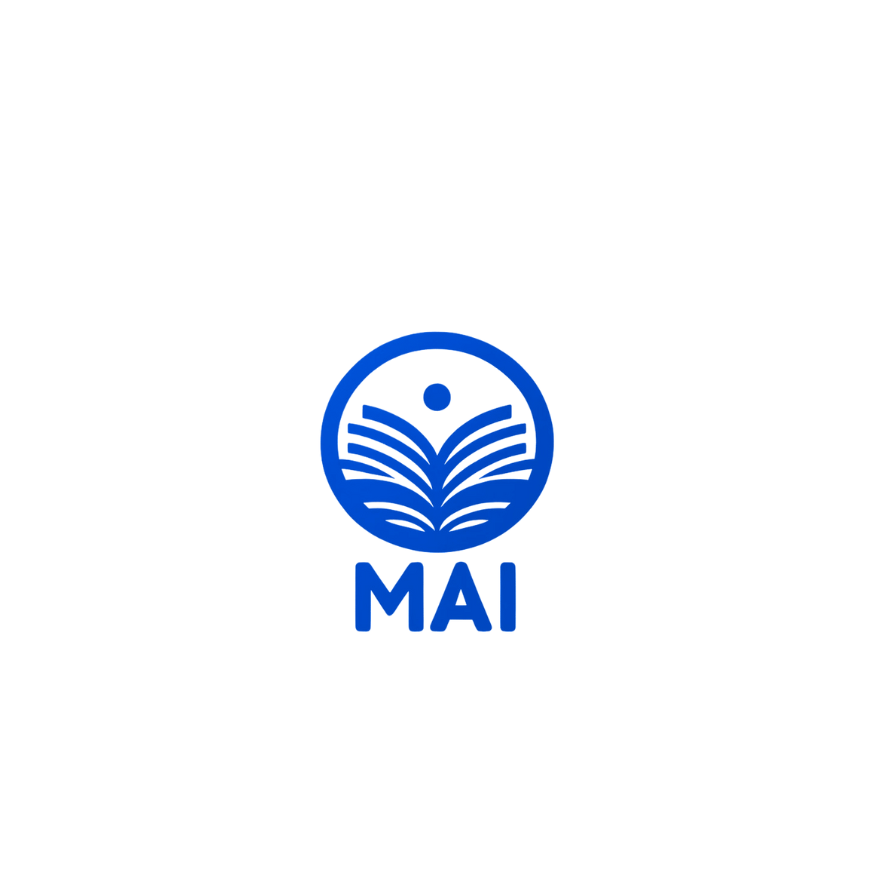I’ve hesitated to write about this tragic story. It’s just one instance of an extreme failure in one school. Is it just emotional manipulation to write about it, or is this something that deserves to be raised into our collective consciousness?
I think the latter. When you consider the systemic failures of our educational system, a system where a third of students graduate at the “below basic” level in language, math and science, it is easy to say, oh this is just the result of inequitable school funding, systemic bias or other erroneous or repugnant views.
But in this case we have a school in one of the wealthier districts in the US. Aleysha was diagnosed with ADHD early. Her parents managed to get her an IEP in spite of the language challenges. They did everything right. And yet, in 12 years, she was never given any special instruction to help her learn to read and catch up. Dozens of people from her teachers, special education instructors, administrators and staff were aware of her challenges and failed her continuously over many years. It’s simply inconceivable this is an isolated incident when so many people fail to do their jobs. It points to structural issues that are very likely to exist throughout the education system and are almost certainly worse in middle and lower income schools. This is what makes this case worthy to share and comment on.
Even with decades of research, awareness, legislation, training and good intentions around the critical need for differentiated and personalized education programs, institutional inertia and human nature make implementation of these programs at best ineffective. At worst you see genuine human tragedies like the one Aleysha Ortiz experienced. Unfortunately, this is probably more common than most people would imagine. It is also unsolvable in the current system. Humans simply don’t scale.
So, what can be done to fix this? At The Maimonides Project we believe only a radical reinvention of the education system will solve the systemic problems and prevent these disasters. How?
We use AI to take over the heavy lifting of delivering educational content to students and continuously and deeply assess their academic, social, emotional and psychological progress. This has two major benefits: First, it reduces the overhead costs of the system, saving tremendous amounts of money, and second, it enables the learning coaches and other support staff to focus on the development of the whole child and ensure that no child falls through the cracks.

Leave a Reply